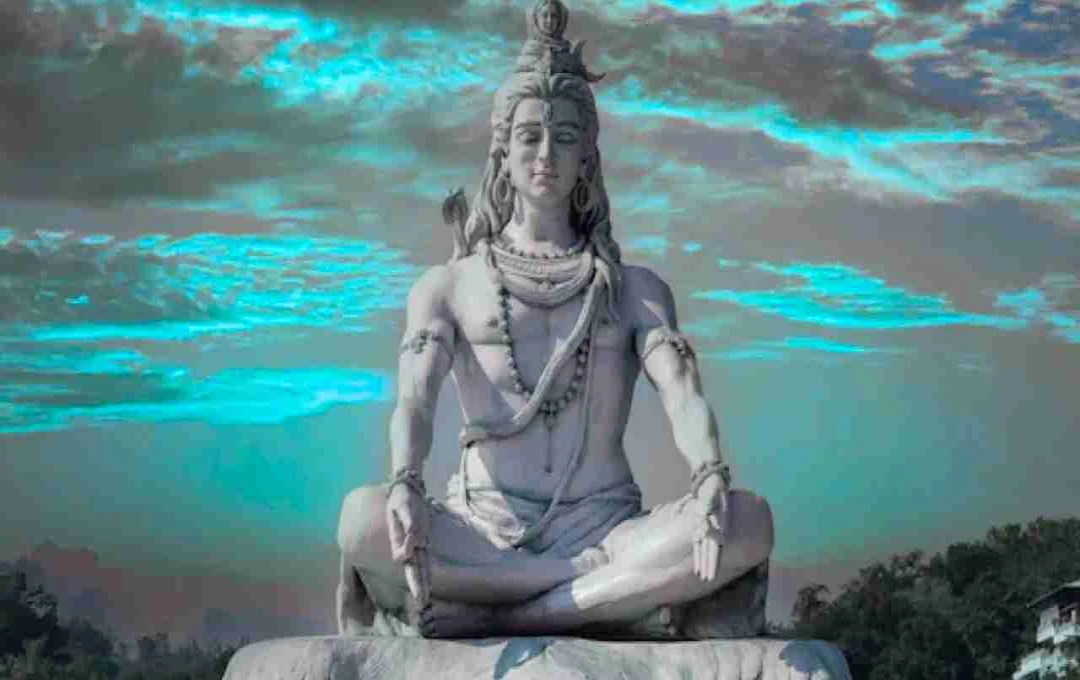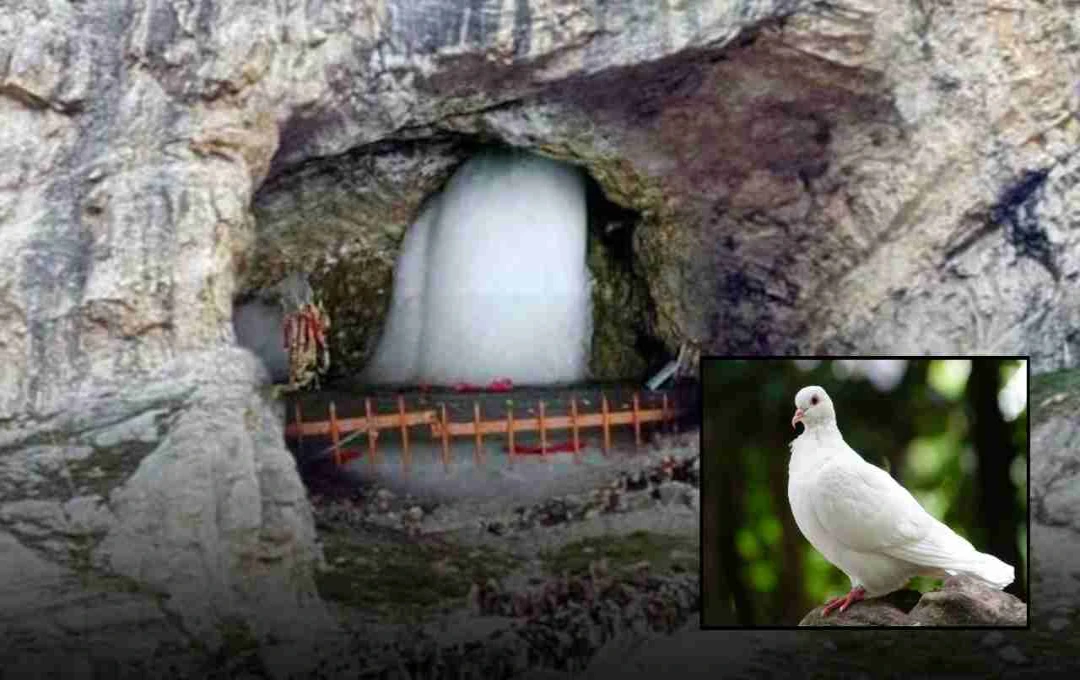Every year, with the arrival of the Shravan month, a unique spectacle unfolds across the towns, villages, and paths of North India—Kanwariyas, clad in saffron, carrying Ganges water on their heads, chanting “Jai Shiv Shankar,” radiating devotion. This is not merely a religious tradition; it's a vibrant expression of faith, a spiritual practice to connect with Lord Shiva.
In 2025, the Kanwar Yatra begins on July 11th, a journey of penance, discipline, and dedication for millions of devotees. But are you aware that this journey is more than just a walk? It encompasses deep-rooted religious rules and spiritual principles, adherence to which is considered essential for every devotee.
What is the Kanwar Yatra?
The Kanwar Yatra is the pinnacle of faith for devotees of Lord Shiva, who bring Ganges water to perform the abhishekam (sacred ritual bathing) of the Shiva lingam. This pilgrimage takes place particularly during the Shravan month, when offering water to Lord Shiva is considered highly auspicious.
Devotees fill water from Haridwar, Gomukh, Gangotri, or other sacred sites and carry it on foot to their homes or temples to offer it to the Shiva lingam. They chant “Bol Bam” during their journey, transforming it into a form of penance.
Kanwar Yatra 2025: Dates and Panchang Details
- Auspicious Beginning: July 11, 2025, from 2:06 AM onwards, marks the beginning of the Shravan month.
- Conclusion: August 9, 2025, marks the end of the Shravan month.
This period also encompasses the Kanwar Yatra. Most devotees begin their journey on the first day or the first Monday of Shravan.
Religious Rules of the Kanwar Yatra

During the Kanwar Yatra, not only faith but also discipline and purity are essential. The rules mentioned below are necessary for every Kanwariya and their family members:
1. Observe Satvikta (Purity of conduct)
Consume only satvik (pure) food throughout the journey. Completely abstain from tamasic (impure) substances such as meat, alcohol, garlic, and onions.
2. Do not place the Kanwar on the ground
The Kanwar is always considered sacred. It should never be placed directly on the ground. If it must be kept down, place it on a clean cloth or wooden plank.
3. Observe Brahmacharya (Celibacy)
Mental and physical purity are considered essential during the journey. Observing Brahmacharya is an integral part of this pilgrimage.
4. Avoid anger and disputes
To make the journey successful and fruitful, keep your mind calm and avoid arguments or fights.
5. Continuously chant the name of Lord Shiva
During the Kanwar Yatra, continuously chant “Om Namah Shivaya,” “Har Har Mahadev,” or “Bol Bam.”
6. Walk barefoot
Most devotees walk barefoot, as it is considered a penance. However, this depends on the individual's physical capabilities.
7. Maintain the purity of the Ganges water
Never contaminate the Ganges water; treat it with respect. Ensure that the water doesn't spill along the way.
8. Maintain cleanliness
Maintain cleanliness wherever you stop or walk during the Kanwar Yatra. This is essential for the safety of yourself and other pilgrims.
Spiritual Significance of the Kanwar Yatra

The significance of the Kanwar Yatra is not limited to a long walk; it's a spiritual practice. According to mythology, when Lord Shiva drank the poison that emerged from the churning of the ocean to protect the universe, the heat generated in his body was calmed by the offerings of Ganges water from the Gods and devotees. Since then, it has become a tradition to offer Ganges water to Lord Shiva during the Shravan month.
This journey purifies not just the body but also the mind and soul. The discipline and restraint observed during the Kanwar Yatra teach many life values like humility, service, and tolerance. When devotees, without tiring, without complaint, walk barefoot, carrying Ganges water on their heads, immersed in devotion to God, it is this dedication that takes them to spiritual heights.
Rules for Family Members as well
During the Kanwar Yatra, not only the pilgrims but also their family members should observe purity and discipline. The home environment should be calm, satvik, and devout during this time. Family members should abstain from non-vegetarian food and spend time in worship, devotional songs, and meditation. Doing so brings merit to the entire family and ensures the successful completion of the pilgrimage.
The Kanwar Yatra is not just about devotion to Shiva but also symbolizes discipline, restraint, and service in life. This journey becomes a means of spiritual purification, in which devotees eagerly seek the grace of Lord Shiva even while enduring physical hardship. Observing these rules makes this pilgrimage even more meritorious.















